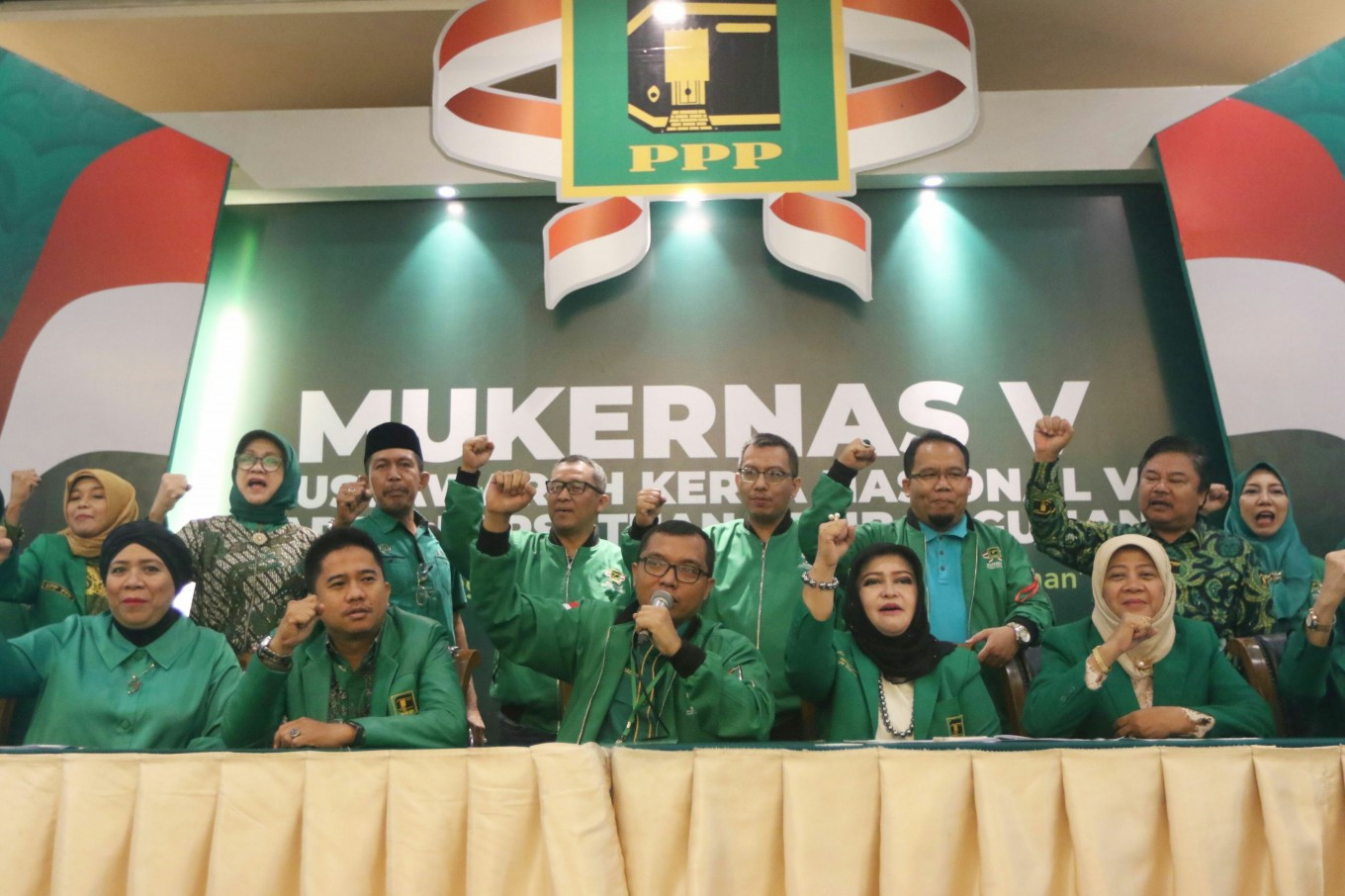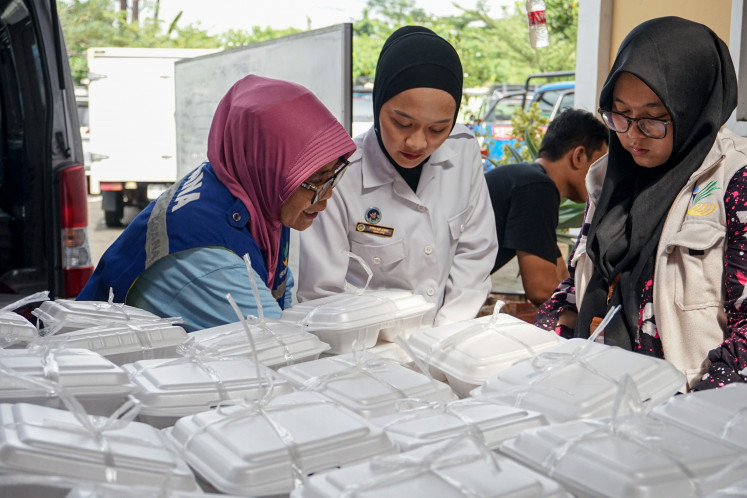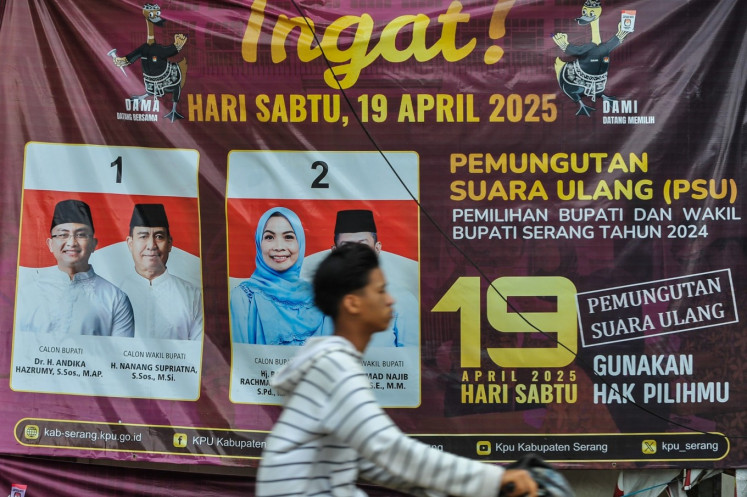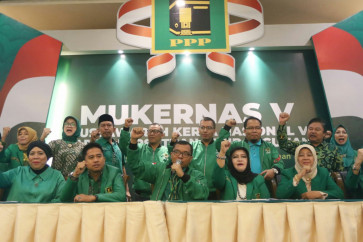Popular Reads
Top Results
Can't find what you're looking for?
View all search resultsPopular Reads
Top Results
Can't find what you're looking for?
View all search resultsAnalysis: Conservative Indonesian voters shun Islamism
Change text size
Gift Premium Articles
to Anyone
W
hile Indonesians have become more religiously conservative, most of them shunned Islamism in the February general election, as indicated by the failure of the United Development Party (PPP), the country’s oldest Islamist political party, to win any seats in the national legislature for the first time in its 51-year history.
The death knell came when the Constitutional Court on May 22 dismissed the PPP’s petition to review the results of the legislative election that saw the party polling only 3.87 percent of the national votes, short of the 4 percent minimum to get representation in the House of Representatives. In its petition, the PPP claimed massive electoral fraud in 19 provinces that reduced its share of the votes. The court’s decision is final and binding.
The PPP, founded in 1973, has been on the frontline campaigning on Islamic themes, including the introduction of parts of the sharia law, either into the national law or in regional bylaws. Besides influencing policies through national legislation, the party has also had some influence in policy-making as a member of successive coalition governments. Its House seats gave it some bargaining power to secure one or two cabinet seats, including in the current administration of President Joko “Jokowi” Widodo.
Now, with no bargaining chips following the electoral defeat, the PPP will likely be left out of the administration of president-elect Prabowo Subianto who takes over in October. To make matters worse, the PPP supported Prabowo’s rival, Gandjar Pranowo, in the presidential race. This has not stopped party leaders from knocking on Prabowo’s doors to get a piece of the action. The president-elect, who is putting together his administration, has not responded.
The PPP, which uses the symbol of Ka’bah (the black stone structure in Mecca toward which all Muslim prayers are directed), is not the only Islamist party contesting the February elections, but the others have not done much better, indicating that the bulk of Muslim voters have less appetite for the religious themes offered in their campaigns. With the PPP out of the picture, the Justice Welfare Party (PKS) will be the sole Islamist party in the House. It polled 8.42 percent of the national votes, enough to ensure some representation in the House, although how many seats exactly will only be known in the announcement by the General Elections Commission (KPU) in June.
The Nation Awakening Party (PKB) never campaigned on Islamic themes, although it relies mostly on the support of members and families of the Nahdlatul Ulama (NU), Indonesia’s largest Islamic mass organization. The PKB polled 10.62 percent of the national votes, also helped in part by the decision of chairman Muhaimin Iskandar to contest the presidential race as running mate to candidate Anies Baswedan.
What’s More


















